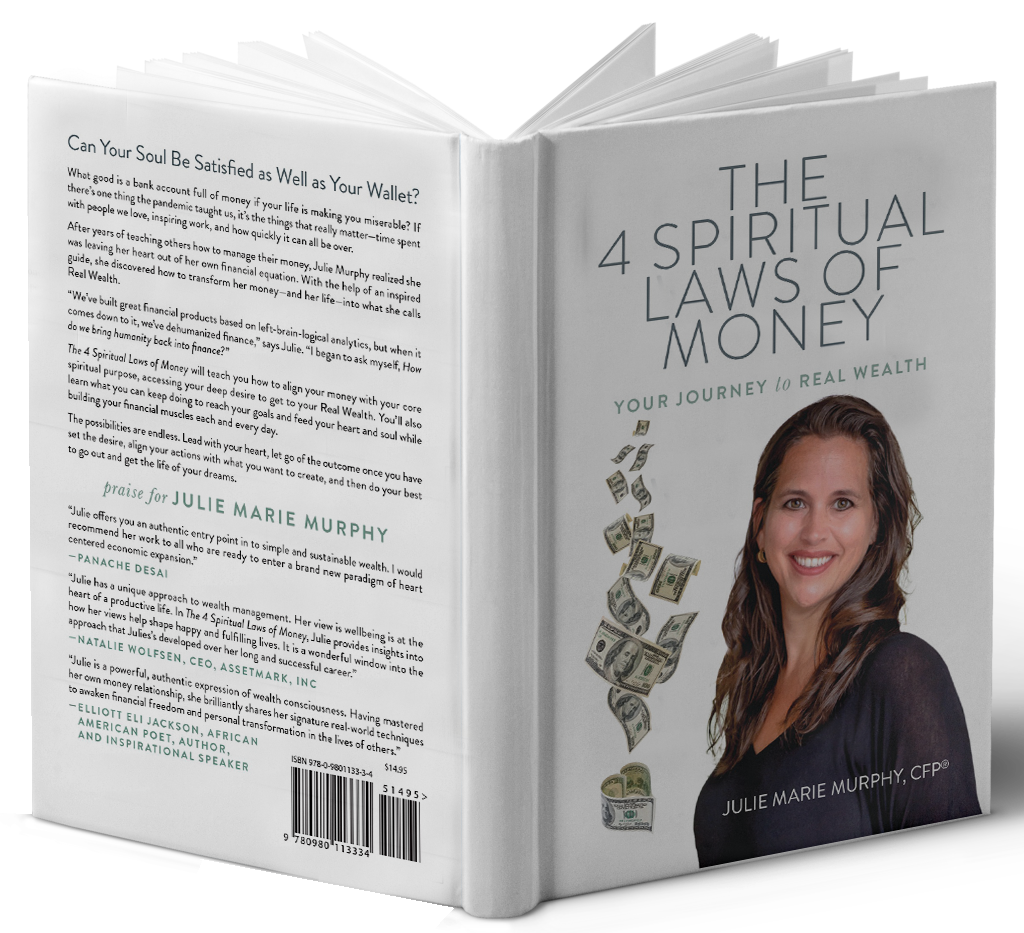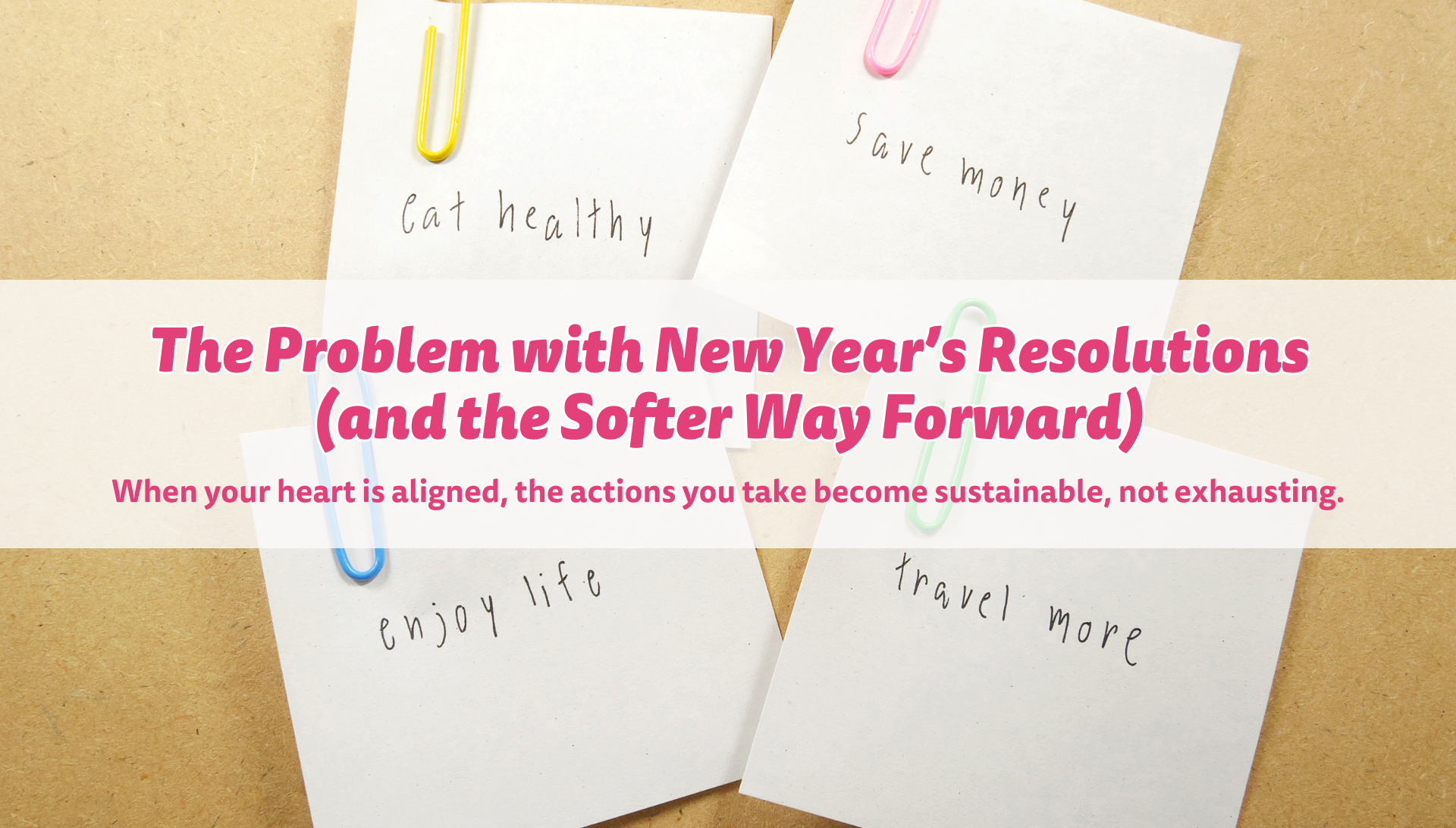Your financial upbringing: how your childhood shaped your relationship with money
The first week of September marks the unofficial end of summer and the beginning ofa new school year for millions of children around the country. As adults, we forget how difficult being a kid can be sometimes. Our problems – office politics, the mortgage, caring for aging loved ones – seem so much bigger than the things our children have to face in their lives.
What many of us don’t realize, though, is what happens in childhood affects us our entire lives. Our subconscious is completely formed by the time we are six years old. So the majority of our actions and reactions got their roots before we even hit the first grade.
Your childhood
No one has total control of their emotions 100 percent of the time. When we face conflict, we won’t always be able to handle the situation without going a little bit off the deep end. During those moments when restraint goes out ofthe window, we tap into our subconscious and our deepest feelings – the onesthat shape us – come to light.
For example, pretty much all of us are taught from a young age that setting personal boundaries is selfish. And as adults, even when something makes us uncomfortable, we sometimes feel like we have to go along with things because that’s what we are supposed to do.
When wasthe last time your coworkers went for post-work cocktails and pressured you into going, even though you knew it was over your budget? These types of scenarios have been happening to you your entire life. Like when you were peer-pressured into drinking after your junior prom, or when the other kids teased you at summer camp because your clothes were too different from everyone else’s.
We’ve essentially recreated familiar situations we faced in childhood and replicated them in our adulthood. The only difference between what happened to us in childhood and what’s happening now is that our finances are greatly affected by our decisions.
Reflect
So this week, while your kids are getting back to homework assignments and Friday night football games, spend some time reflecting on your own childhood experiences. What did you do with your allowance – spend it all or save it? Did your parents encourage you to use your money a certain way?
Think about the different situations you were in during your childhood and teenageyears. Journal about the things that come to mind. Next week, I’ll talk more about retraining your subconscious and breaking away from those inherited beliefs to eliminate roadblocks to financial success.
Sign up for my weekly words of wisdom (in the top right-hand corner of
your screen) for encouraging thoughts each Tuesday. And be sure to check out my
book, The Emotion Behind.Money, for guidance and healing. You can take control of your finances, and I can help you.
Tags:
financial upbringing, emotion behind money, relationship with money, Julie
Murphy Casserly, reflecting on your past, chicago personal finance, chicago
financial planner
The post Your financial upbringing: how your childhood shaped your relationship with money appeared first on Julie Murphy.
Share Blog On Social
Recent Blogs

Similar Blogs







